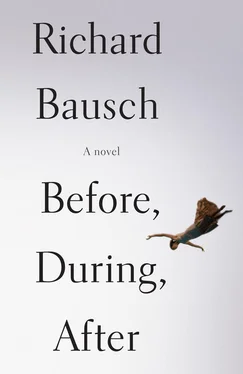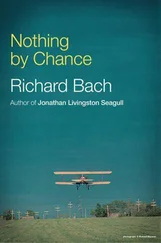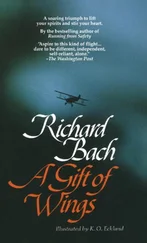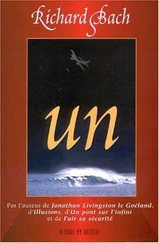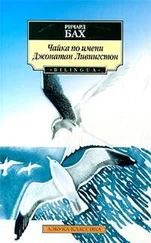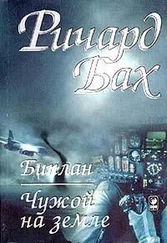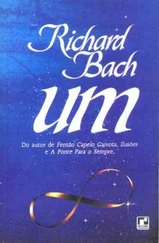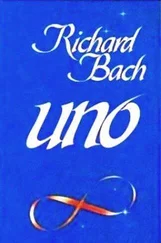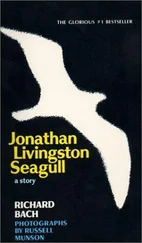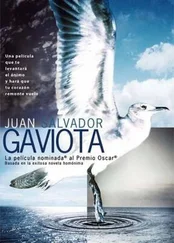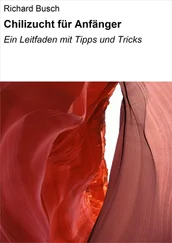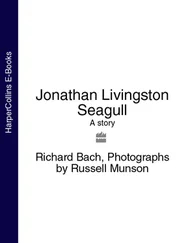“I want this night to go on and on,” Natasha said to Faulk, having to shout. Iris, standing now, smiled and nodded, and then reached down and got her tall glass of beer and had a long drink from it. She sat back down, already having drunk two glasses and she seemed almost playful, beating time on the table with the flat of her hand.
When the song finally ended and everyone was seated, Faulk stood and said, “It’s been a lovely evening. Thank you all for coming.”
“Can’t hear you, priest,” Leander shouted from the other end of the table.
Faulk nodded at him, giving him the thumbs-up sign. “A lovely time. Thank you.”
“Yes, my son.”
“Wonderful,” said Trixie. Then she stood and pulled Leander up to embrace Faulk and Natasha. “We’re leaving early in the morning,” Leander said. “You two’ll come visit us, okay? Remember I’ve got this damn macular thing. My old eyes.”
“We’ll come.”
“Make him keep his word,” Leander said to Natasha, putting his arms around her and kissing her on the cheek. He smelled of talcum and cigars and whiskey. As Trixie pulled him toward their side of the table, Faulk looked across the room at Marsha and Constance, returning from the restroom in the noise, talking seriously to each other, pausing, staying where they were for the moment it took to finish what they were saying.
Natasha leaned into him. “Let’s do go now.”
He bent down to kiss Iris, then walked around to kiss Clara. Iris beamed at him, and Natasha wanted to tell him what kind of a smile that was for Iris Mara to give anyone. The others rose to wish them happiness one final time for the evening. At last, they went out onto Beale Street.
Arm in arm they walked up Third, toward Madison, to the newly remodeled boutique hotel of the same name, at which he had reserved the honeymoon suite. It was growing cooler now. Natasha pointed to a horse-drawn carriage with a woman driving it and a big Labrador retriever sitting up next to her, ears cocked as if to listen for something in the street ahead of them. Faulk stopped to appreciate it, watching it go on. The street was crowded with tourists, and you could hear the music rising to the sky over the buildings from all the cafés and bars back on Beale, rising like the light that shone there when she looked back. More carriages went by with their sparkle and shine, the horses prancing, hooves sounding on the asphalt. Each driver was accompanied by a dog.
“I love that tradition,” Faulk told her. “Every driver with a dog that rides along.”
“You forget I grew up here,” she said.
“Sorry.”
“No need to apologize, my darling.” She held his arm as they came to Union Avenue, where the light was red. To their right was AutoZone Park, the baseball stadium. For some reason the lights were on there. Two women stood at the crossing dressed in white ball gowns with identical-looking dark denim jackets on over all that soft finery. One of them was smoking a cigarette. They had just come from the Peabody Hotel and were drunk. The one with the cigarette seemed about to topple over and was being held up by the other. Natasha turned to Faulk, and he winked at her while the two women kept tottering at the curb.
“Do you believe Wuhan’s remarks?” she asked him.
“I thought Father Wuhan was a little pompous.”
“But I mean about what he said.”
“He was trying to be profound, and he ended up sounding like a dull Sunday. No — worse than that. He could’ve been a party hack spouting the line.”
The light changed, and they crossed with the others, who walked up Union toward the parking garage. Natasha and her new husband went on along Third, toward Madison.
“I’m so relieved,” she said. “I was afraid you weren’t horrified.”
“I felt sorry for him, to tell you the truth. I was hoping he’d get to the end of it without realizing what effect it was having on us. I mean it wasn’t harmful or rude or anything. It was just — well — way, way off-key.”
“And revealing.”
“Very revealing. So a poor little boy died — mostly to be a character in a story about when this priest, the hero of his own story, was an impatient, inattentive young man. And the dead boy earns status as some kind of exemplar? And I don’t think the guy had any idea what an act of naked self-regard it was, telling it that way, this thing that was all about him and his own moral life, a paradigm of sins remembered and forgiven — and — and somehow all of it a comment about my leaving the priesthood — and there we were, waiting to get married.”
“You’re a gentle and good man, sir.”
“That’s a lovely thing to say. Thank you.”
They stopped and embraced, and kissed.
“At this rate, we’ll never get there.”
“I’m enjoying every second,” she said.
He kissed her once more, and they went on. “Anyway, Wuhan was a mistake.”
“You really didn’t like him,” Natasha said. “Did you.”
He laughed softly. “Not very Christian of me, is it.”
“I’ve been a little worried about the religion.” She hadn’t known she would say this.
“Hey, did we just meet?”
“Well, it does worry me a little. It worries me that I don’t feel it the way you do.”
“Everybody’s different,” he said, hearing the inadequacy of it. “We’ll find our way, you know?”
“But does it upset you?”
“No.” He smiled tolerantly.
She stopped and stood on her toes to kiss him still again. It was a long, tender kiss. They held hands and went on up the street. She looked at the restaurants and bars, and the hill beyond where the river shone with the perfect reflection of the lights outlining the bridge to Arkansas.
Under the marquee of the hotel was bright light. The doorman spoke to them pleasantly about the winter air coming down from the north. He missed the cold nights in Minneapolis, he told them, opening the big, ornate brass-handled door and holding it for them. Faulk thanked him and handed over three dollars. He had deposited their bags earlier in the day, before the wedding, and had struck up a conversation with the doorman. They were already friends.
“You’re so good with people,” she said as they entered the lobby.
“Well, one learns to care for one’s own kind.” He grinned sardonically and rolled his eyes to the ornate ceiling with its carved baroque look of the decorations on a wedding cake. “You’re good for my old ego.”
“Don’t say old.”
“It is old.”
“Come on, Michael—”
“Well. It’s old er .”
She patted the side of his face. “Poor man.”
They went to the roof and had a glass of sweet vermouth on ice. The waiter was a man close to Faulk’s age. They talked about how beautiful the city was at night. Natasha noticed that the waiter was missing the little finger on his left hand. This upset her unreasonably, and when he brought the vermouth she drank it quickly and thought of ordering another. She watched Faulk sip his and reached over to touch his knee. The air was growing cooler. They looked out at the rooftops and saw the faint twinkle of the river through the mist settling everywhere, as if spilling out of the stars, which shone dazzlingly through broken fragments of moving clouds. He drank his vermouth. There were two other couples nearby drinking beer, and an elderly pair on the other end with a pot of coffee between them and two snifters of cognac.
“I think I’d like a cognac,” Faulk said. “That looks good.” He got the waiter’s attention. The waiter walked over, a white towel draped on his forearm exactly as if he were someone imitating a waiter. Natasha cast her gaze into the night sky, thinking of the missing finger. Such an odd thing for her mind to fix on, and it was this kind of inward plunge toward revulsion that kept happening to her; how easy it was for things to turn nightmarish. She had the thought and then sought to reject it.
Читать дальше
